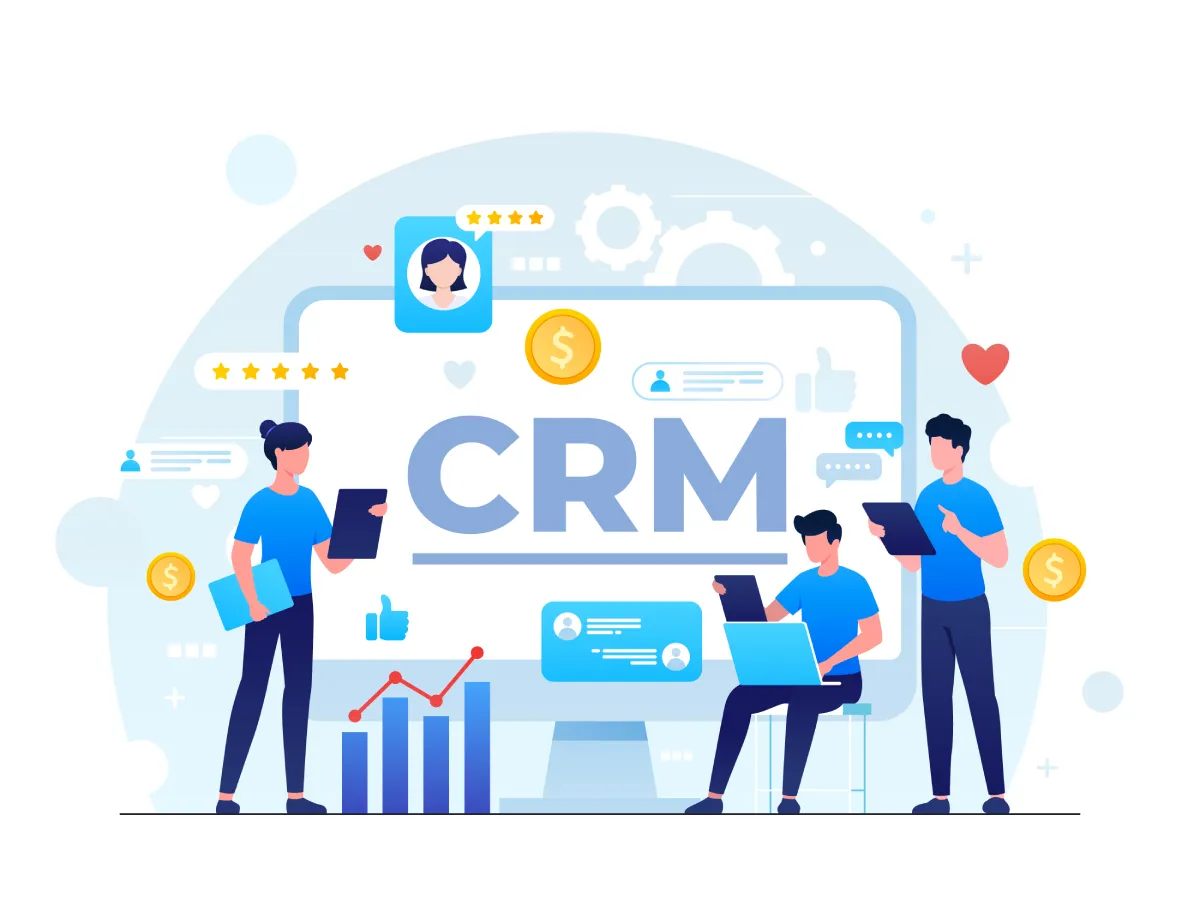Custom CRM: Tailored Customer Relationship Management
In today’s fast-paced commercial world, management of customer relationships is essential for success. The off-the-chest customer relationship management (CRM) systems are widely available, but they often do not meet the unique needs of every business. This is where a custom CRM comes. By creating a custom CRM, businesses can tailor their systems to match their specific requirements, resulting in customer interactions, well -organized operations and sales. In this guide, we will detect the benefits, challenges and practical steps to apply a custom CRM that fit your business.
Why Choose a Custom CRM Over an Off-the-Shelf Solution?
Choosing a custom CRM provides many different advantages on traditional, off-the-shelf CRM software. Why are businesses fast to custom CRM solutions here:
- According to your needs: A custom CRM is built around your specific business model. You have to decide which features are necessary and which are not, ensuring that the system directly supports your goals.
- Better integration: Unlike standard CRMs that can struggle to integrate with existing systems, a custom CRM can basically be integrated with your current tools such as accounting software, email platforms and marketing automation systems.
- Scalability: As your business grows, your CRM should be able to scale it with it. A custom CRM can be easily expanded with new features, modules and functionality as your business is required.
- Better User Experience: A custom CRM can be designed to match your team’s way of working. It spends less time on high adoption rates, better productivity and training.
Benefits of Implementing a Custom CRM
After implementing Custom CRM, some top benefits are given experiences of businesses:
Better customer retention
With an insight provided by a custom CRM, businesses can track customers’ satisfaction and engagement levels. Individual outreach and timely followed long -term customer are important for maintaining relationships. Tracking customer engagement and satisfaction is made easier with a custom CRM. Strong, long-term connections are created through timely follow-ups and specific outreach. Targeted retention campaigns are supported by information provided by tools such as a CRM Users Email List.
Operational cost reduction
A custom CRM can significantly reduce operating costs, by streamlining processes, automating functions and reducing manual intervention.
Scalability for development
As your business grows, a custom crm may grow with you. You can add new features, integration and functionality without worrying about advancing your CRM system.
Challenges of Implementing a Custom CRM
While the benefits of a custom CRM are obvious, there are some challenges to consider before applying one:
1. Higher Initial Cost
Developing a custom CRM involves an advance investment in growth, design and preparation. This can be a significant cost for small businesses, but it can pay in a long time by improving efficiency and customer relationships.
2. Data migration
Migrating data into a new custom CRM from an old system can be a complex and time -consuming process. To ensure that no data is lost or corrupt, it is necessary to plan migration to ensure.
3. Ongoing maintenance
A custom CRM requires regular maintenance and updates. You will need a dedicated team to handle bug fixes, software updates and any new feature requests.
4. Training and adoption eclipse
Your team must be trained to use the new system. Although a custom CRM is designed to be comfortable, your employees may need some time to be accustomed.
How to Build a Successful Custom CRM
The construction of a custom CRM requires careful planning and execution. Follow these steps to ensure that your custom CRM meets your business requirements:
- Choose the right development team: Whether you appoint an in-house team or a partner with a development agency, make sure that your team has an experience of creating a CRM solution. Choose a team that understands your business and industry.
- Design for user experience: A custom CRM must be user friendly and comfortable. The design should be simple with clear navigation and easy access to important features.
- Ensure integration with existing devices: A custom CRM should basically integrate with other devices you use, such as email, accounting software, or customer aid platform.
- Traine your team: Provide extensive training for your team to ensure that they can use the system effectively. Regular training sessions can help everyone updated on new features.
- Monitor and optimize: After launching your custom CRM, regularly monitor its performance and gather feedback from users. To ensure that it continuously customize the system that it meets your developed needs.
Conclusion
A custom comes with its challenges when applying the CRM, the benefits of having a sewn system are far from the costs. By creating a custom CRM that conforms to your business, you can streamline your procedures, customers can improve engagement and achieve long -term success.
If your business is ready to take your customer management to the next level, then investing in the custom CRM is worth considering one step. By following the right steps and working with the right team, your business can only unlock the full capacity of the CRM solution designed for you.

Leave a Reply